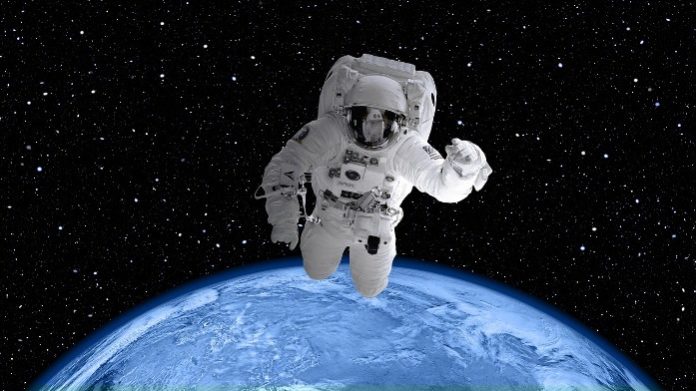Five billion years from now, when our sun sends out its last warming rays, we’ll need to find a new star and a new planet to sustain the human race (assuming global warming or lack of resources don’t get us first).
Although lack of a warp drive is problematic, it turns out there are more immediate problems with prolonged space travel a lot closer to home. An international team of researchers studied the blood of 18 Russian astronauts and found that the levels of proteins involved in many important biological functions such as natural immunity are affected by space travel.
There are many well-studied effects of space flight on human health, including loss of muscle mass, immune system dysfunction, and changes in heart rhythm, but no studies to date have looked at the mechanisms behind these changes.
This time, scientists from the University of Victoria and several institutions in Russia compared the levels of 125 proteins from the blood of astronauts before and after long-term missions to the International Space Station.
Surprisingly, only about 15% of the proteins studied showed significant changes from pre- to post-flight, but the majority of these are involved in ubiquitous biological pathways that are not specific to any particular tissue. Such whole-body changes could indicate a body that does not know what to do.
“Weightlessness for human [sic] is completely new in evolutionary terms, being an environmental factor our species has not faced during the course of evolution,” explain the authors in the manuscript. “Therefore the adaptation mechanisms of the human organism to these conditions is [sic] not predictable.”
This study also highlights that the changes in protein levels were reversible upon returning to Earth, though some tissues take longer to recover than others. This is in contrast to the effects of ageing, which have previously been considered somewhat similar to those of space flight.
The authors intend to study the proteins that were affected in more detail in future experiments, having the astronauts take blood samples while in space. Getting a clearer picture of how each pathway is affected may help us mitigate these changes – and potentially get us one step closer to manned long-haul space flight.








































